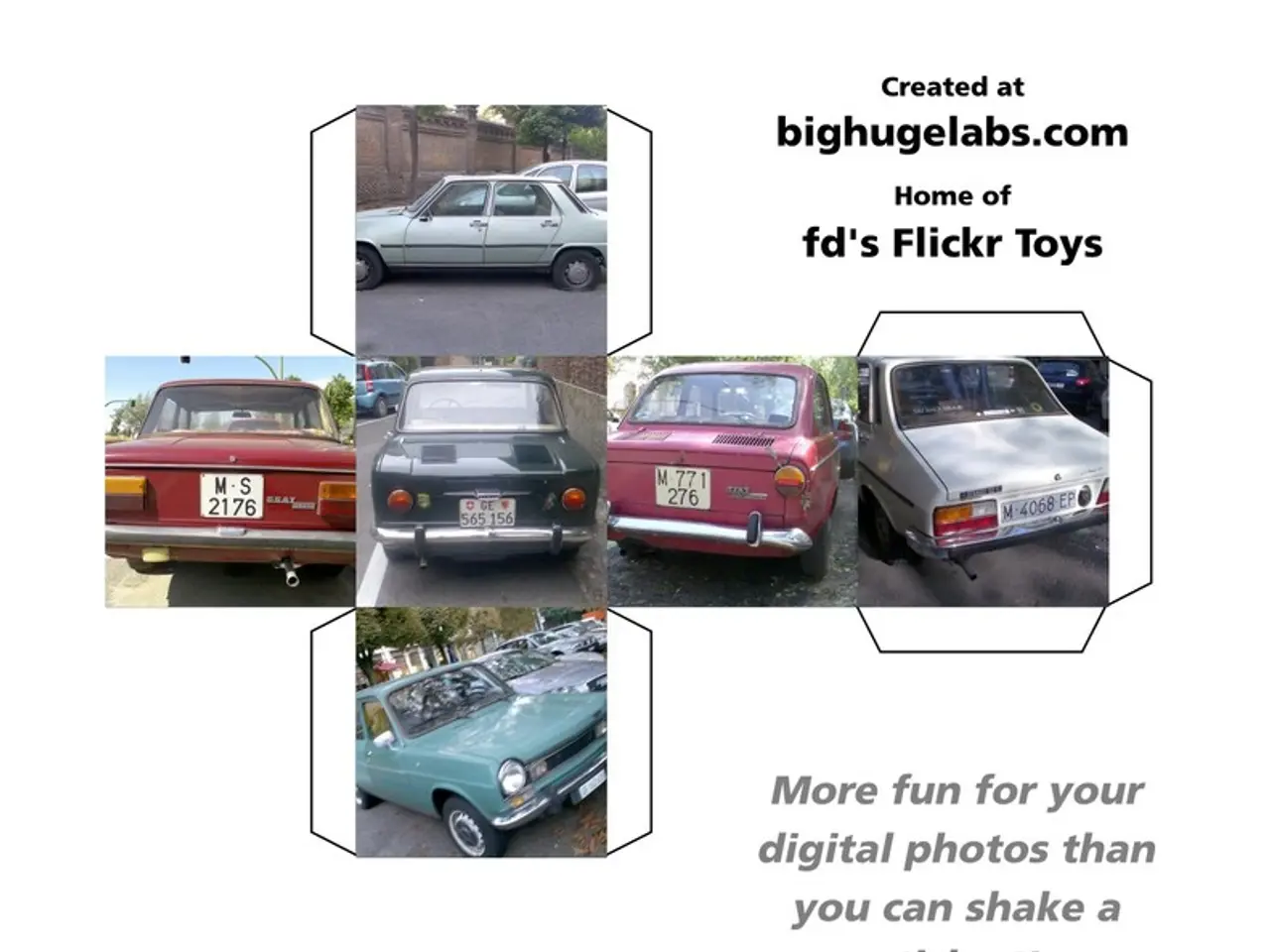Plan for emissions reduction: DHL aiming to deploy 1,000 electric vehicles in Latin America by 2025
In a significant move towards sustainable operations, DHL Supply Chain is constructing new facilities, warehouses, and distribution centres with electrification capabilities across Latin America. This initiative forms part of the company's ambitious goal to achieve zero emissions by 2050.
Currently, DHL boasts approximately 550 to 600 electric vehicles (EVs) in the region. The diverse nature of electric mobility in Latin America, with unique regulations and policies in each country, poses a challenge. However, DHL's transport team is well-equipped to adapt and change distribution networks to accommodate these varying circumstances.
The company is addressing the challenge of adapting in times when reverse logistics become critical. Advanced planning technologies are used to optimise routes and minimise the number of kilometres travelled. The focus is not just on distribution but also on adapting processes and protocols to remain flexible.
DHL is developing versatile logistics networks to quickly adjust to any circumstance in Latin America. This includes initiatives in Mexico, Brazil, Colombia, Chile, Peru, and Argentina to increase its EV fleet. The company is aiming to reach 1,000 electric vehicles in Latin America by next year.
To maximise vehicle productivity, DHL is using "Control Towers", which are transport planning and management centres. These centres include the design of more efficient routes and the consolidation of transport networks.
Moreover, DHL is not limiting itself to electricity but is also exploring other technologies like natural gas and alternative fuels. The flexible supply chain is a key concept for DHL in ensuring adaptability in Latin America.
The company is addressing regulatory challenges in each country as opportunities for innovation. DHL has developed initiatives to expand its electric fleet by adapting to regulatory challenges in each country, including tailored local strategies, investments in charging infrastructure, and collaborations with local partners to ensure compliance and operational efficiency despite differing regulations.
Juan Carlos Aderman, Vice President of Transport at DHL Supply Chain, leads these initiatives. The company's future expansions will support a growing electric fleet, demonstrating a commitment to sustainability and innovation in the region.
Read also:
- The Commission deems the assistance program to be in agreement with the domestic market regulations.
- Innovative Garments and Accessories Producing Energy: Exploring Unconventional Sources for Renewable Power
- Technip Energies Secures Feed Contract for the Large-Scale, Low-Carbon Hydrogen Project at ExxonMobil's Baytown, Texas Complex
- Irish and German governments will collaborate with ESB on a groundbreaking green hydrogen study.








